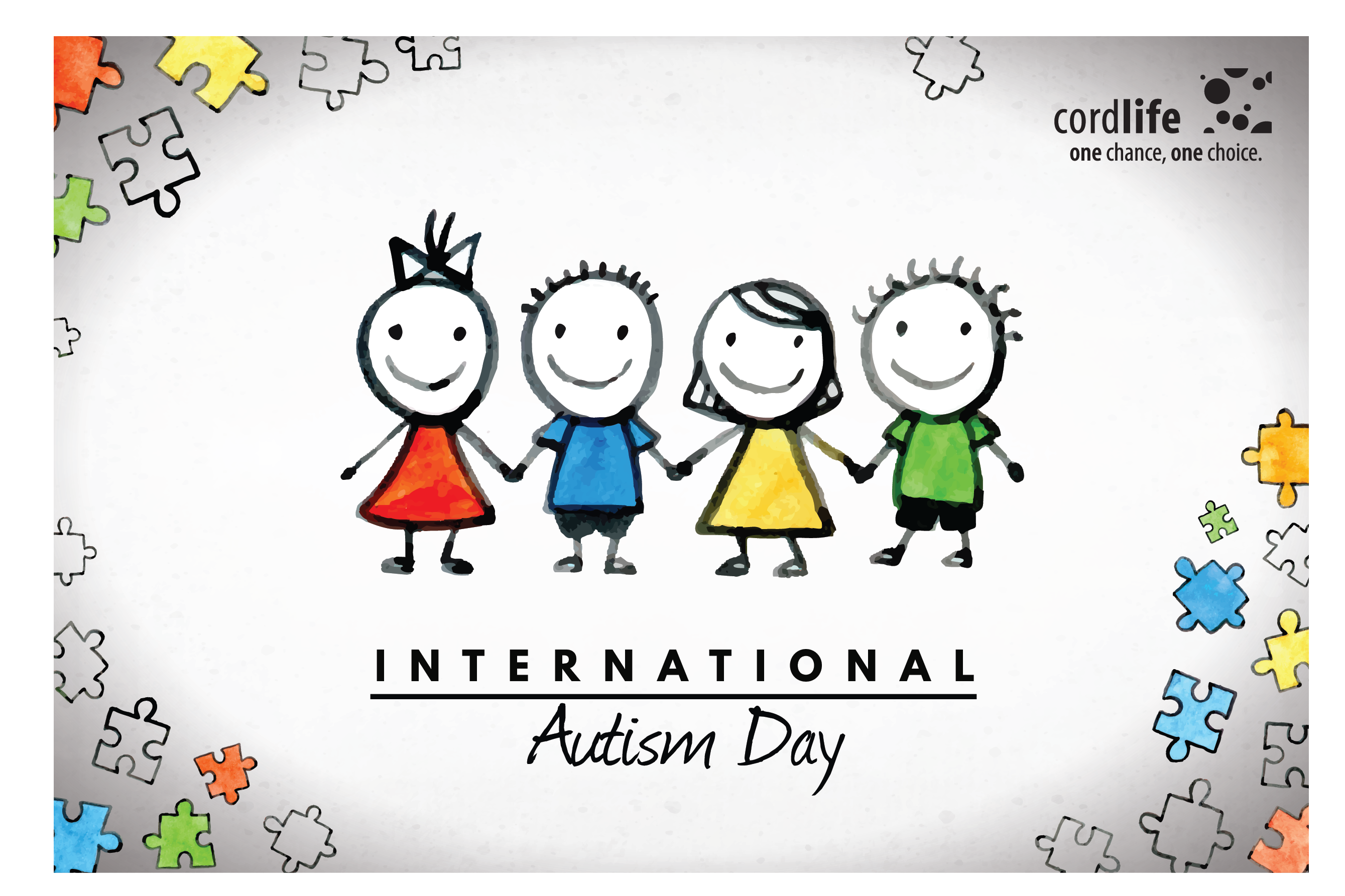Table of Contents
2nd April is recognized every year as the World Autism Awareness Day by United Nations in order to spread awareness about the disorder throughout the world.
Autism Spectrum Disorders (ASD) is a neurodevelopmental disorder that affects the communication and behavior of the individual. This disorder may occur at any age, it is mostly diagnosed in the initial years of the baby and persists into adulthood. Due to absence of any medical test like a blood test, diagnosing ASD can be difficult. Observing a child’s behavior and development is the only way to diagnose and is sometimes detected at 18 months to 2yrs of age1. However, many children do not receive the final diagnosis they need for therapeutic intervention.
Characterized by the presence of restricted interests and repetitive behaviors, affected individuals encounter social problems mainly facing difficulty in communicating and interacting with people, and is much more common than many people think. 1 in 160 children2 has an autism spectrum disorder (ASD). As inferred from a CDC study in 8yr old Asians, the prevalence of Autism Spectrum Disorder, was found to be 1.35 in every 100 children1,3, with an occurrence of about 4 times more among boys than among girls1. The American Academy of Pediatrics recommends that all children be screened for autism3.
Currently there are no medications available that can cure ASD or treat the core symptoms. According to reports by the American Academy of Pediatrics and the National Research Council2, behavior and communication approaches like Behavioral analysis, Occupational therapy, Speech therapy, Sensory Integration therapy are some of the currently employed treatments that help children with ASD are those that provide structure, direction, and organization for the child in addition to family participation. The goal of treating an autistic individual is to maximize your child’s ability to function by reducing autism spectrum disorder symptoms and supporting development and learning.
However, several clinical trials4 are being carried out worldwide in renowned institutes like Duke University and Sutter Institute for Medical Research (SIMR) using cord blood5, giving hope to many families to relieve the symptoms of autistic patients to a certain extent and allow them to be as independent as much as possible. Autologous cord blood stem cells, banked at the time of birth, when used for transplant are not only seen to be safe5 for the patient but also showed significant improvements in children behavior in measurables like social communication skills6, vocabulary and children attention to social stimuli3. The paracrine activity7, i.e. the ability to release bioactive molecules that quickly traffic to the site of inflammation along with the immunomodulatory properties7 of umbilical cord stem cells make them a promising treatment option in future.
Banking one’s newborn’s cord blood stem cells at the time of birth can be best security one can provide to both the baby and family members, if needed in future. These stem cells are the 100% match for the baby and the best possible genetically close sample available for the family members.
To know more about cord blood stem cell banking, call us at 1800 121 6200 and book your presentation today.
